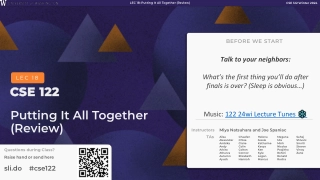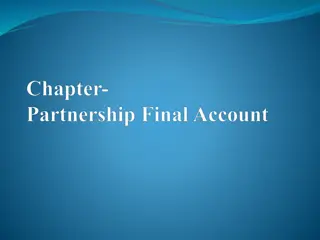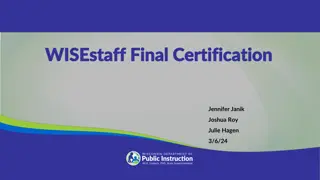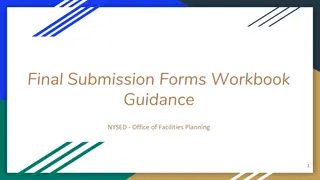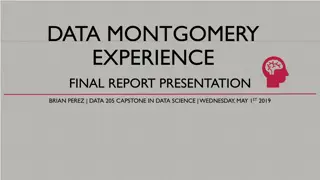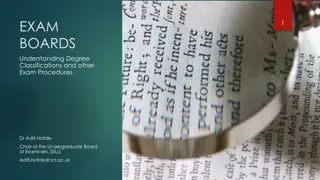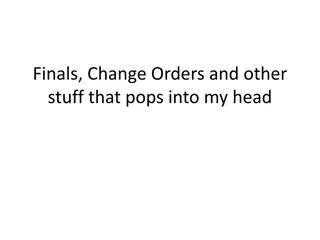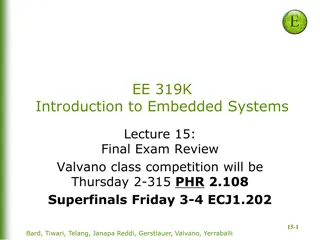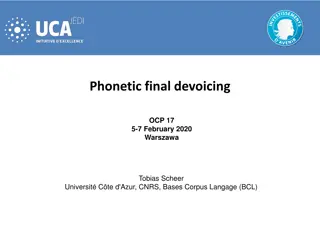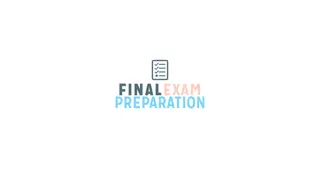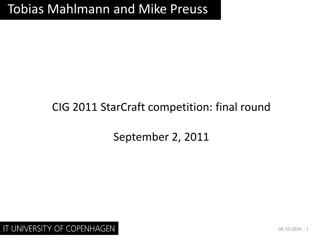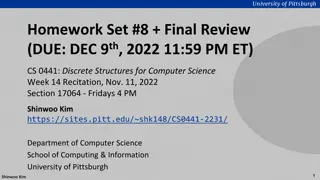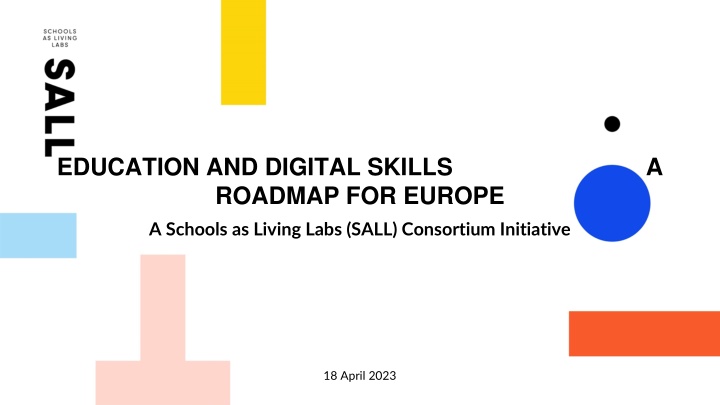
Innovation in Education: SALL Consortium's Living Labs Initiative 2023
Explore the SALL Consortium's initiative transforming schools into living labs to address the shortage of STEM professionals, enhance scientific literacy, and foster 21st-century skills. The roadmap aims to integrate open schooling, community partnerships, and enhance policy frameworks for innovative science education in Europe.
Download Presentation

Please find below an Image/Link to download the presentation.
The content on the website is provided AS IS for your information and personal use only. It may not be sold, licensed, or shared on other websites without obtaining consent from the author. If you encounter any issues during the download, it is possible that the publisher has removed the file from their server.
You are allowed to download the files provided on this website for personal or commercial use, subject to the condition that they are used lawfully. All files are the property of their respective owners.
The content on the website is provided AS IS for your information and personal use only. It may not be sold, licensed, or shared on other websites without obtaining consent from the author.
E N D
Presentation Transcript
EDUCATION AND DIGITAL SKILLS A ROADMAP FOR EUROPE A Schools as Living Labs (SALL) Consortium Initiative SALL 2023 18 April 2023
Context and Challenges Context and Challenges Europe faces a shortfall in science-knowledgeable people at all levels of society. The demand for Science, Technology, Engineering and Math (STEM) professionals is already high and arguably due to increase further to meet the challenges of climate change adaptation and decarbonisation. Better scientific literacy could also help counter the rise of conspiracy theories. While the world is undergoing deep transformation, formal science education is still using 19th century approaches to learning. This calls for new forms of education to foster the competencies that societies and economies need, today and tomorrow. Education systems are called to go beyond teaching subjects to new approaches of learning. Schools need to reinvent themselves. New emphasis must be placed on connecting innovation and science education strategies to societal needs and global developments. Students should be empowered to deal with problem-solving on real societal issues, develop 21st century skills that are essential to future careers and allow them to co-create solutions with research centres. Collaboration among formal, non-formal and informal science education providers, enterprises and civil society should be enhanced to ensure relevant and meaningful engagement of all societal actors with science and increase the uptake of science studies, citizen science initiatives and science-based careers. Opportunities for digital technologies should be grasped from early childhood, as argued in Starting Strong: Empowering Young Children in the Digital Age, an OECD report. 2 SALL 2023
SALL Roadmap: Main Concepts SALL Roadmap: Main Concepts New emphasis must be placed on connecting innovation and science education strategies to societal needs and global developments. Education systems are called to adopt new approaches of learning. SALL adopts open schooling in science education where schools become agents of community well- being by creating new partnerships with other local actors and addressing local issues relevant to them. SALL proposes to transform schools into living labs. This open-innovation methodology puts people in charge of the innovation process. It involves different kinds of partners in a private-public-people partnership and integrates research and innovation processes in real-life communities and settings. SALL brings together school communities, including teachers, students and their families, research institutions, policymakers, science engagement organisation and other non-formal learning and open innovation spaces 3 SALL 2023
SALL Roadmap: Rationale SALL Roadmap: Rationale The aim of the Policy Roadmap to European Policies for Living-Lab-Based Open Schooling is to put forward a set of policy recommendations that should be followed in order to normalise the use of the living labs methodology in education complemented with an open schooling framework through a consistent involvement of pupils and teachers. The roadmap exercise encompasses three main steps: 1) Identification of the policy gaps that hinder the uptake and implementation of living-lab- based open schooling -> completed 2) Elaboration of a set of future policy challenges and implementation scenarios related to living-lab based open schooling -> completed 3) Definition of a set of practical policy directions and recommendations for all stakeholders involved -> ongoing 4 SALL 2023
SALL Roadmap: Research Questions SALL Roadmap: Research Questions More specifically, the roadmap tackles issues such as the following: Which major policy gaps and challenges should be considered and addressed for normalising the implementation of living-lab-based open schooling? What kind of instruments and incentives are necessary to tackle these challenges? What is the anticipated impact of these challenges to each policy domain and to the society? Which are the broad recommendations for policymakers, researchers and schools that are meaningful to accelerate the take-up of living-lab-based open schooling? 5 SALL 2023
SALL Roadmap: Methodology SALL Roadmap: Methodology 6 SALL 2023
SALL Roadmap Preliminary Results: Policy Challenges SALL Roadmap Preliminary Results: Policy Challenges Disparities in Basic Science Literacy: Students are likely to enter open schooling programmes with varying base levels of scientific competence: a 2010 study authored for the European Commission (Schlicht et al. 2010) on educational inequality across European Union regions observed significant disparities in the quality and effectiveness of science instruction offered throughout the EU. Regional Disparities: In regard to general education achievement in the EU, there appears to be a North- South divide: low-performing students are concentrated in southern Europe, while students in Northern European countries display higher levels of competency. Rural Areas: Rapid urbanisation across EU member states has also decreased the populations of rural areas and encouraged migration of young people to towns and cities; consequently, a disproportionately low share of the EU s under-50 population resides in remote areas and schools in these regions tend to be small and underfunded. Financial Issues: Open schooling initiatives must be implemented in a way that does not create extra financial burden for students and families. Physical and Legal Issues: Although most EU countries have implemented legislation on the subject of ensuring access to education for children with disabilities, monitoring and enforcing these regulations has proved to be a challenge. Digital Divide/Access to Technology: As the digital transformation of society and the economy continues, it becomes increasingly important for educational policy to take into account the necessity of technological literacy. 7 SALL 2023
SALL Roadmap Preliminary Results: Policy Challenges/2 SALL Roadmap Preliminary Results: Policy Challenges/2 Lack of Qualified Teachers: Innovative living-lab based open schooling initiatives require teachers who are digitally competent, and who are skilled in managing projects and partnerships with community actors. In 2020, 33% of teachers across the EU were more than 50 years old. Facilitating the entry of digitally adept young professionals into teaching and upskilling of the existing workforce are a crucial policy challenge. Families and Culture: Parents and caregivers play a central role in encouraging children s interest in learning, creating learning opportunities outside of formal educational structures and facilitating appropriate cognitive development. Lack of Cooperation: The 2015 Science Education for Responsible Citizenship report criticised inadequate investment in facilitating strategic collaboration between teachers, students, external education providers, researchers and industry professionals. Lack of Stakeholder Commitment: Consistent meaningful interaction between educational institutions and third-party stakeholders is crucial to avoid stakeholder disengagement. Support System: The European Commission s 2020 Working Group on Schools Policy, which examined whole school approaches to challenges facing educational systems, concluded that facilitating strong cooperation between teaching staff, parents and families was crucial to prevent student disengagement. 8 SALL 2023
SALL Roadmap Preliminary Results: Policy Challenges/3 SALL Roadmap Preliminary Results: Policy Challenges/3 Student Engagement: It is important to prevent students from disengaging from science learning on the basis of perceived ineptitude. Presenting scientific learning as an ongoing process rather than one based solely on mastery of a specific set of concepts may help to sustain student interest in science into and through post-secondary studies. Gender Gap: Despite their superior performance on tests of scientific aptitude, women and girls remain significantly underrepresented in STEM-related fields. PISA 2018 found that 14% of top-performing girls in science or mathematics expected to work in science or engineering compared with 26% of top- performing boys. Low Interest in Science Studies and Related Careers: While STEM professionals are in high demand, and growth in these sectors is required to address topical concerns ranging from climate change to food and water security, interest in scientific tertiary studies and careers is not picking up. Monitoring: Another challenge in implementing open science learning initiatives is the lack of strategies to compare and analyse the outcomes of these programmes. While the EU has historically relied on standardised tests of academic ability like PISA to assess the quality of national education systems, these examinations tend to focus on reading, writing and mathematics at the expense of science. Evaluation Issues: It has proven difficult to observe, measure and quantify the contributions of out-of- school programmes to the broader learning ecosystem. 9 SALL 2023
SALL Roadmap Preliminary Results: Policy Recommendations/1 SALL Roadmap Preliminary Results: Policy Recommendations/1 Mainstream Open Schooling. Incorporate open schooling in national educational strategies, central policies and curricula, boosting its legitimacy as a fully fledged alternative to more traditional teaching methods, rather than a complementary activity that ultimately is perceived as an optional add-on. This can improve stakeholder as well as parents and caretakers engagement and thus support teachers in adopting the SALL methodology. Student engagement with STEM education and potential careers is also likely to benefit from this novel, more flexible approach. Policy challenges to be addressed: Lack of stakeholder commitment (including families) Lack of cooperation Lack of student engagement with STEM subjects Gender gap in STEM Low interest in science studies and careers 10 SALL 2023
SALL Roadmap Preliminary Results: Policy Recommendations/2 SALL Roadmap Preliminary Results: Policy Recommendations/2 Train the Teachers of the Future. Integrate open schooling into teacher training curricula and encourage the development of leadership, facilitation, and project management skills, as well as digital and technological competencies among newly qualified teachers. In parallel, invest in upskilling the existing workforce (lifelong learning), so that teachers and educators familiarise with the tenets and aims of open schooling and can engage with these initiatives. Policy challenges to be addressed: Lack of qualified teachers Lack of support systems Digital divide Make Funding Available for Open Schooling Programmes. Create incentives for school management to invest in open schooling initiatives. Taking into account existing disparities in science literacy, schools in under resourced regions and rural areas should be prioritised so that no one is left behind. Policy challenges to be addressed: Financial burden Regional disparities (North-South, urban-rural) Disparities in basic science literacy 11 SALL 2023
SALL Roadmap Preliminary Results: Policy Recommendations/3 SALL Roadmap Preliminary Results: Policy Recommendations/3 Support Schools in Accommodating Students Needs. Open schooling programmes should be designed to be as inclusive as possible. Schools need funding and, where necessary, technical support to fully implement existing legislations and policies to ensure accessibility, and to better support students with disabilities. Policy challenges to be addressed: Physical and legal issues Prioritise Skills Development. Promote a shift away from traditional grading, and encourage rigorous monitoring and evaluation of open schooling initiatives. While standardised testing may continue to have some utility in providing consistent measurements of scientific knowledge at the national and international levels, the results of these assessments should not be relied upon solely to evaluate the success of open schooling programmes. Policy challenges to be addressed: Monitoring issues Evaluation issues 12 SALL 2023
SALL Roadmap: Future Plan SALL Roadmap: Future Plan Carry out a new dissemination of the roadmap online May 2023 Release final version of the roadmap June 2023 13 SALL 2023

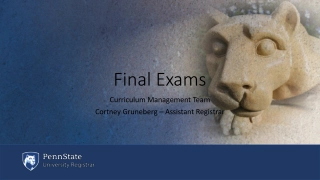
![READ⚡[PDF]✔ Yup I'm Dead...Now What? The Deluxe Edition: A Guide to My Life Info](/thumb/20463/read-pdf-yup-i-m-dead-now-what-the-deluxe-edition-a-guide-to-my-life-info.jpg)

